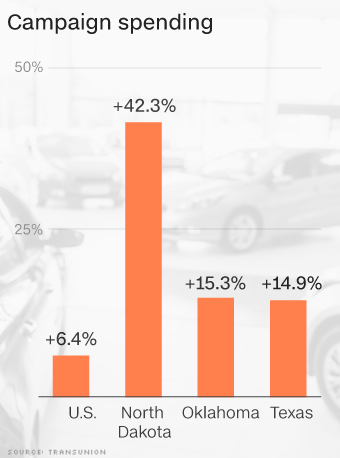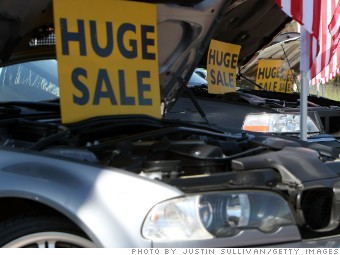Tiz we talked about solar city awhile ago and I said I didn't think they would make it and the stock has tanked since. It got a huge bump after the Paris meeting but then faded back down because of low energy prices in general.
I do think it is probably a good buy after a flushout now though.
Just so much central planning/gov't intervention in that industry that a big player like them probably gets gifted a lot of favorable contracts and isn't subjected to market forces as much as they should be.
I do think it is probably a good buy after a flushout now though.
Just so much central planning/gov't intervention in that industry that a big player like them probably gets gifted a lot of favorable contracts and isn't subjected to market forces as much as they should be.











